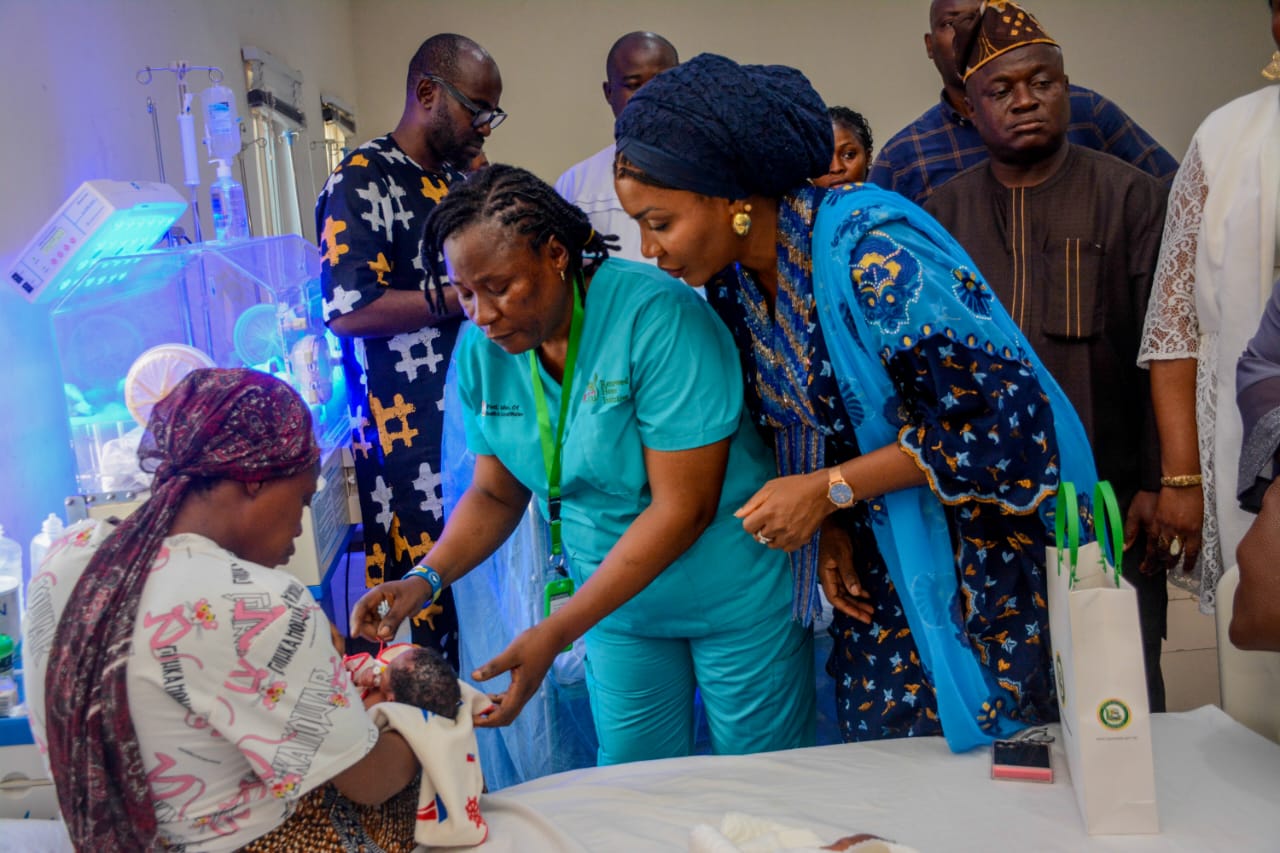As dusk settles over Lagos and traders pull down their shop shutters, Oshodi takes on a different life. Beneath the concrete belly of the bridge, the city’s bustle fades into a grim nightly routine for those who now call the space home.
Cardboard sheets serve as mattresses, worn mosquito nets hang from rusted rods, and heaps of clothing become makeshift pillows. In this shadowed enclave, the roar of passing buses overhead blends with the low murmur of survival.
“This is where I sleep every night,” said Adebayo Samuel, a displaced mechanic arranging planks into a bed frame. “I lost my room when the landlord increased rent. Here, at least, nobody can chase me out.”
Around him, dozens of others prepare for another uncertain night. The settlement stretches into bus stops and walkways, littered with broken mattresses, nylon bags, and refuse. Commuters complain that once-passable paths have turned into crowded shelters.
“I pass here every morning to my shop,” said Mrs Adijat Lawal, a food vendor. “Sometimes you see children lying on the bare ground. It breaks my heart, but it also makes people afraid. Not everyone here is harmless.”
Indeed, the underbridge community is a mix of desperation and resilience. Some scrape by with menial jobs, such as washing buses, selling sachet water, or scavenging recyclables. Hauwa, a mother of two cradling her infant under the glow of a dim streetlight, said, “We are not all thieves. Most of us just need shelter. But with rain falling, we don’t know where to run.”
Others echo her fear. Emmanuel Joseph, a car sticker seller, said he earns N1,500 on a good day, “just enough to eat.” Still, he longs for steady work that could lift him off the pavement.
For Grace Onu, a teenager who ran away from an abusive home, the bridge feels safer than where she came from. “It’s noisy and dirty, but at least nobody beats me here,” she whispered.
Some commuters see danger in the growing crowd. “Petty thieves mix among them, snatching phones at night,” complained Kabiru Musa, a commercial motorcyclist. “Once the police come, everybody suffers, even those who are innocent.”
Security officials share the concern. A police officer who asked not to be named confirmed frequent patrols around the bridge, saying, “We know many are just homeless, but criminals hide there too. It’s a challenge.”
Still, others show compassion. Mrs Sherifat Alabi, who runs a roadside canteen nearby, often gives leftover food to children living under the bridge. “They didn’t choose this life. The government should look into housing for the poor,” she said.
When contacted, Mr Abiodun Dina, a senior officer at the Lagos State Ministry of Youth and Social Development, explained the government’s ongoing efforts and constraints in addressing the rising number of people living under bridges and in public spaces.
According to him, an estimated 86 people move into Lagos every hour, many of whom end up staying without stable housing or support systems. “We restate our efforts periodically,” he said, “especially when we identify places where destitute individuals, street children, or abandoned minors gather. We try to pick them up and provide care within our social welfare institutions.”
Dina said the state currently operates 15 social welfare facilities catering to different vulnerable groups, including juveniles, drug addicts, the elderly, and people with physical disabilities. “For instance, we have the Correctional Centre for Boys in Oregun and one for Girls in Idi-Araba,” he noted. “But the truth is, these centres are filled up.”
He admitted that limited capacity and funding remain major challenges. “We have a fixed budget. Bringing in more people than we can feed or house becomes very difficult. Sometimes, when we are able to reunite a child with their family or transfer some residents to approved private orphanages, it allows us to decongest and take in new cases,” Dina said.
He added that the ministry continues to work with partner organisations and private homes to extend care to the vulnerable. “Once our facilities have space, we respond immediately to calls for rescue or shelter,” he emphasised.
As the rainy season deepens, the cracks in Lagos’ housing and social support systems are laid bare each night under Oshodi Bridge. For the hundreds huddled beneath its concrete slabs, safety, dignity, and comfort remain distant luxuries, but survival, as always, is non-negotiable.
Photo: Under the bridge. Caption: Homeless individuals under Oshodi Bridge on Tuesday






